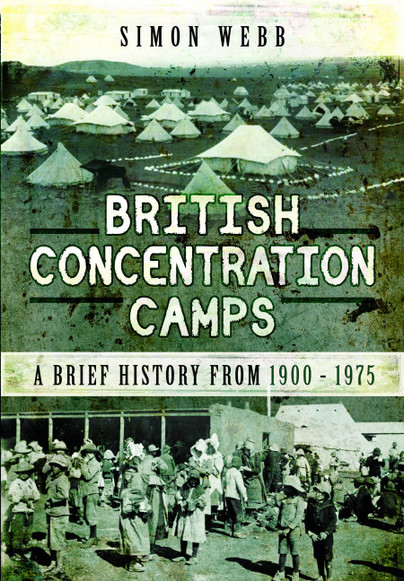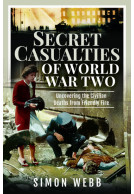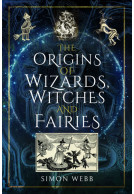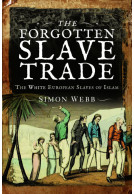British Concentration Camps (Paperback)
A Brief History from 1900 - 1975
Imprint: Pen & Sword History
Pages: 200
Illustrations: 20 illustrations
ISBN: 9781399011402
Published: 26th April 2022
History Hit Book Club
Dan Snow's History Hit podcast book club selection, September 2016
(click here for international delivery rates)
Order within the next 33 minutes to get your order processed the next working day!
Need a currency converter? Check XE.com for live rates
| Other formats available | Price |
|---|---|
| British Concentration Camps ePub (10.6 MB) Add to Basket | £6.99 |
For many of us, the very expression ‘Concentration Camp’ is inextricably linked to Nazi Germany and the horrors of the Holocaust. The idea of British concentration camps is a strange and unsettling one. It was however the British, rather than the Germans, who were the chief driving force behind the development and use of concentration camps in the Twentieth Century.
The operation by the British army of concentration camps during the Boer War led to the deaths of tens of thousands of children from starvation and disease. More recently, slave-labourers confined in a nationwide network of camps played an integral role in Britain’s post-war prosperity. In 1947, a quarter of the country’s agricultural workforce were prisoners in labour camps.
Not only did the British government run their own concentration camps, they willingly acquiesced in the setting up of such establishments in the United Kingdom by other countries. During and after the Second World War, the Polish government-in-exile maintained a number of camps in Scotland where Jews, communists and homosexuals were imprisoned and sometimes killed.
This book tells the terrible story of Britain’s involvement in the use of concentration camps, which did not finally end until the last political prisoners being held behind barbed wire in the United Kingdom were released in 1975. From England to Cyprus, Scotland to Malaya, Kenya to Northern Ireland; British Concentration Camps; A Brief History from 1900 to 1975 details some of the most shocking and least known events in British history.
As featured by
Al Akhbar
Whatever your take on the rights or wrongs of incarceration, you will be surprised at the contents in British Concentration Camps, 1900-1975. Ranging from the Boer War to Northern Ireland, they stop at all stations in between.
Evergreen - Summer 2016
This book tells the terrible story of Britain's involvement in the use of concentration camps, which did not finally end until the last political prisoners being held behind barbed wire in the United Kingdom were released in 1975. From England to Cyprus, Scotland to Malaya, Kenya to Northern Ireland; British Concentration Camps: A Brief History from 1900 to 1975 details some of the most shocking and least known events in British history.
Antiques Diary, July-August 2016
Not only is Simon Webb’s writing and research of the highest standard, but the photos can silence all naysayer, they are truly disturbing and shameful.
Destructive Music
Great credit is due, not only to the author, but to Pen & Sword for having the courage to publish this important book which deserves the widest readership possible. I also feel it will not only educate and shock people, but will open the doors to further books on documentaries on this shameful episode in British history.
At the back of my house, in Brockworth, until the late 1950s, there was a large estate of Nissen huts. When I was old enough to ask such questions, I quizzed my parents on it, and was told that it was used to hold Italian prisoners of War. I don't think it was a concentration camp, though, just a POW camp. Simon Webb's account of actual British Concentration camps is at once both fascinating and shocking.
Books Monthly, May 2016 - Paul Norman
As featured in.
The Scotsman
As featured on
PinkNews
As featured in.
The Jewish Chronicle 15th Jan 2016
About Simon Webb
Simon Webb is the author of a number of non-fiction books, ranging from academic works on education to popular history. He works as a consultant on the subject of capital punishment to television companies and filmmakers and also writes for various magazines and newspapers; including the Times Educational Supplement, The Daily Telegraph and The Guardian.






















